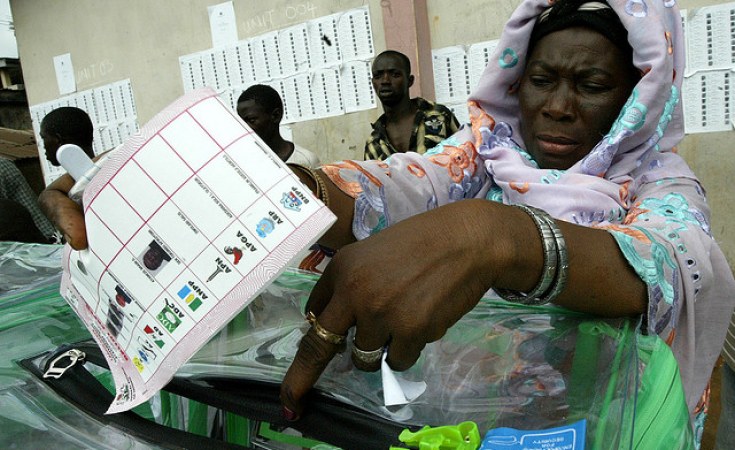Cape Town — Nine of every 10 people in Mali want the country to remain a single, united nation, and this desire is even stronger in much of the north than it is in the south, according to a new survey of public opinion.
Afrobarometer reports that a poll carried out in December last year showed that "citizens decisively reject the 2012 attempt by armed groups to create a breakaway state in Mali's northern territories".
The poll found that 92 percent of adult Malians want a united country.
"This nationalist sentiment is held especially strongly in the northern regions that were directly affected by recent conflict and occupation," Afrobarometer said, "for example by 97 percent of persons interviewed in Mopti, 98 percent in Timbuktu, and 100 percent in Gao.
"Even in Kidal – where secessionist sympathies might be expected to reach a peak – 92 percent of residents prefer that the country remain united."
Only six percent of survey respondents supported the suggestion that "the north must secede from the rest of Mali". The highest support came from Kidal, but there it was only eight percent.
Afrobarometer comments: "Perhaps in the wake of military setbacks to the separatist cause during 2013, people no longer find it politically wise or socially acceptable to reveal a preference for 'going it alone'. Or perhaps many of the supporters of the Movement for the National Liberation of Azawad and its fellow travelers have fled into desert retreats or international refugee camps beyond the reach of the survey."
The survey found higher support for northern secession in the two southern regions furthest from the north - in Kayes, where it was 13 percent, and Sikasso, 10 percent.
"Perhaps," surmised the authors of the report, "they reason that, given ongoing regional rebellions dating back to the time of Mali's independence, it is better for the country to be rid of the secession problem once and for all.
"But, importantly, such attitudes hardly dent the dominant view that the national political community must be kept intact."
The poll also surveyed attitudes towards reconciliation and justice. Among its findings:
- The conflict in the north in 2012 "has undermined inter-ethnic trust. People are twice as likely to say that they now have a less favorable view of "other" ethnic groups rather than a "more favorable" view.
- "While larger ethnic groups such as the Bambara reveal a lack of social and political tolerance for members of minority groups such as the Tuareg, the reverse does not hold true; Tuareg respondents in fact reveal a high degree of openness towards Bambara."
- Most Malians in both the south and the north agree with the government's aim of enforcing "retributive justice" rather than giving amnesty to rebels, as has happened in the past. "They insist that, in order for political dialogue to lead to genuine reconciliation, persons who committed abuses must first be held accountable."
- More people want human rights abuses prosecuted in national courts (47 percent) than in international courts (25 percent), and 90 percent see the main purpose of a proposed Commission on Truth, Justice and Reconciliation as being to refer violations to the court.
However, Afrobarometer warns that "Malians must avoid the temptation to celebrate 'victor’s justice.' The low levels of trust and tolerance revealed by the survey – particularly in the way that ethnic majorities in the south view ethnic minorities in the north – do not augur well in this regard.
"To counteract potential bias, any trials held in the national courts that Malians favor must be seen to be even-handed, that is, by directing charges against perpetrators regardless of which side they were on."


